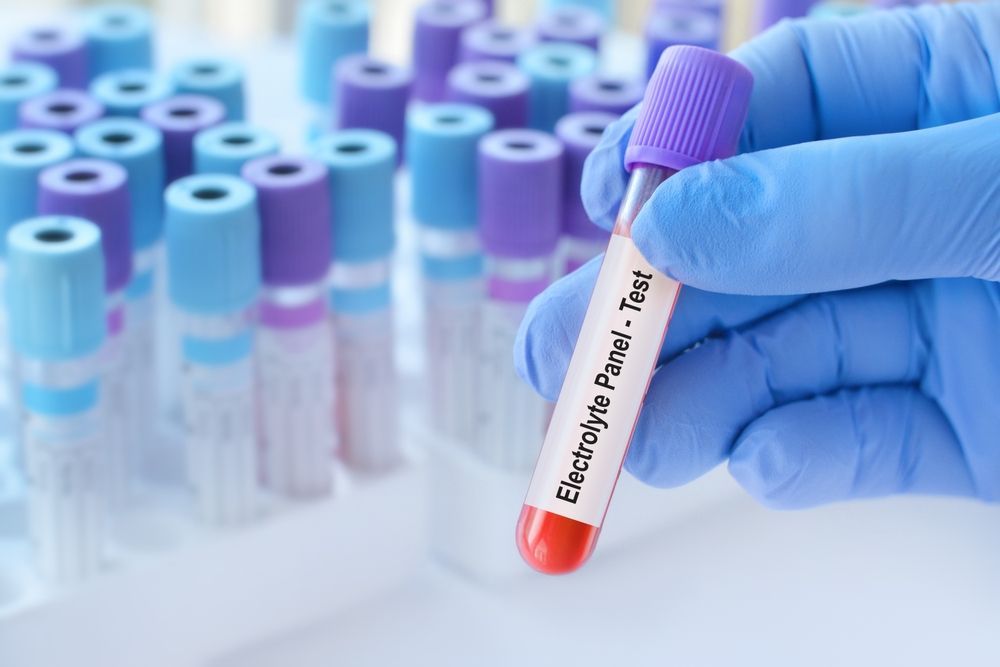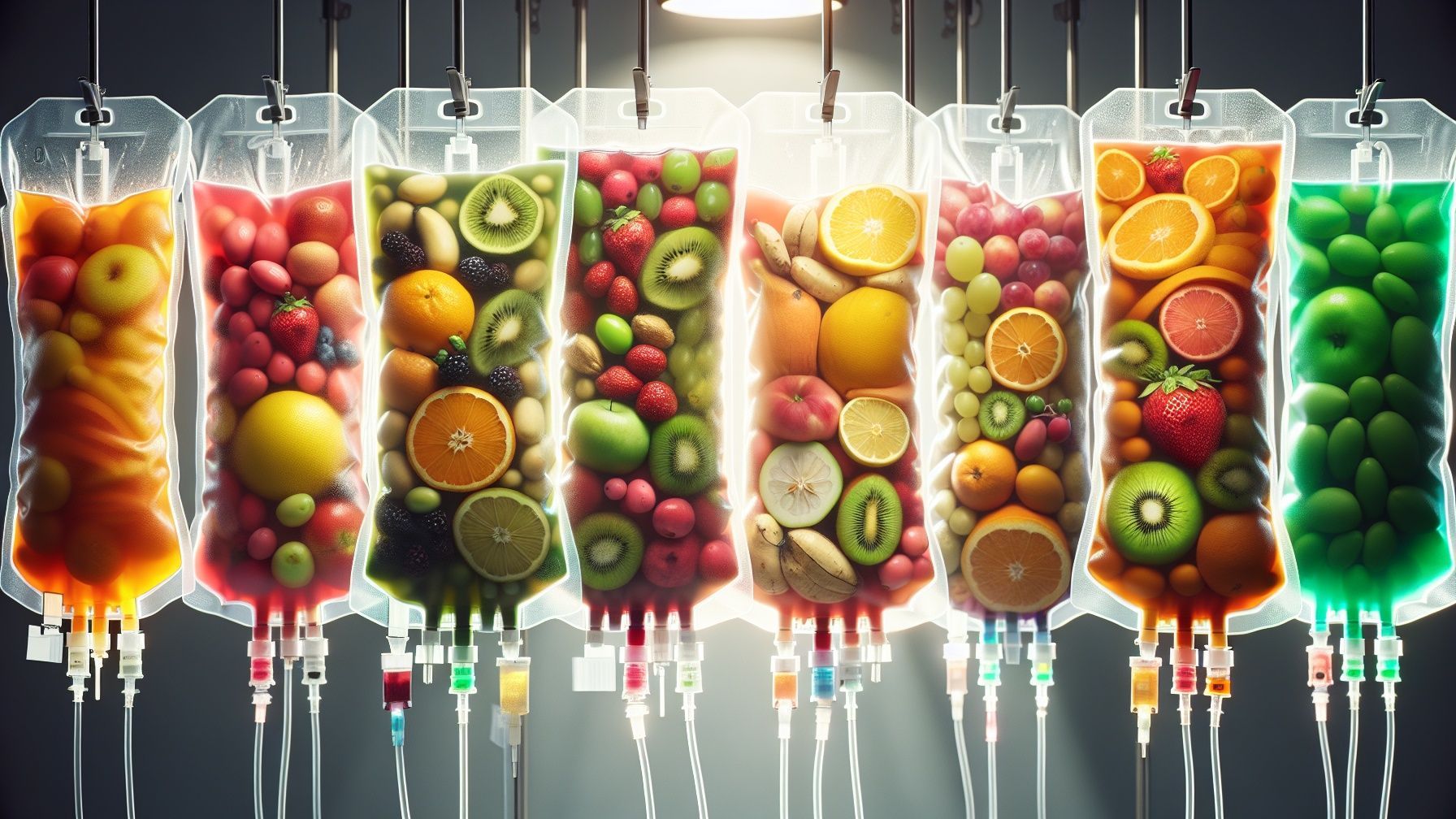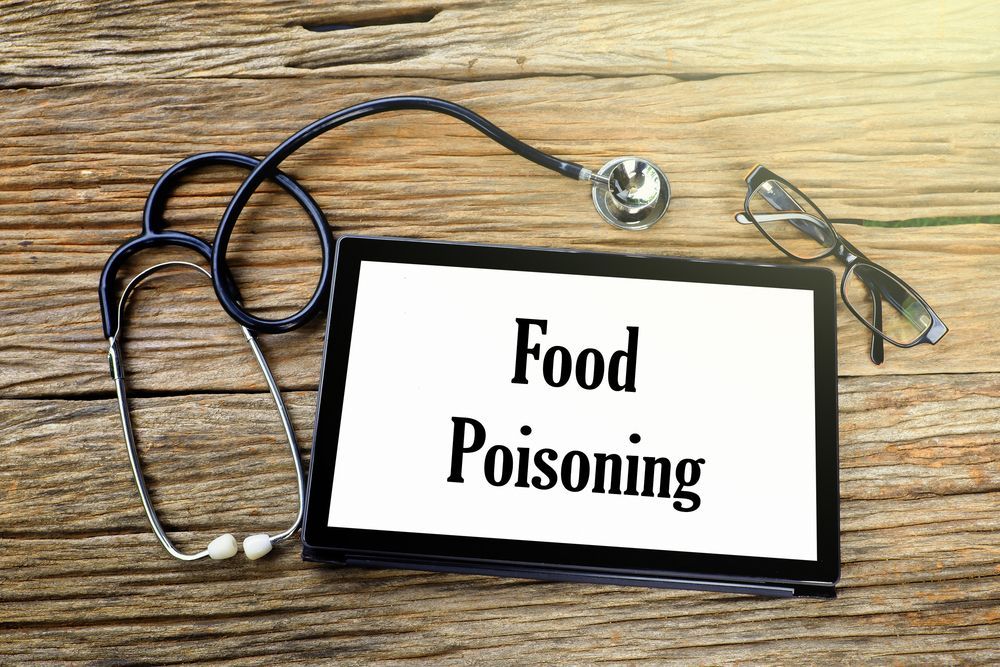Understanding Electrolyte Imbalance: The Crucial Role of Hydration

Understanding Electrolyte Imbalance: The Crucial Role of Hydration
What is Electrolyte Imbalance?
Electrolyte imbalance occurs when the levels of electrolytes in the body are either too high or too low. Electrolytes are minerals that carry an electric charge and are crucial for various bodily functions. They help regulate heart function, muscle contractions, and nerve signaling. An imbalance can lead to serious health issues if left untreated.
The body’s electrolytes include sodium, potassium, calcium, magnesium, chloride, bicarbonate, and phosphate. Each of these plays a unique role in maintaining homeostasis in the body. The delicate balance of these minerals is essential for overall health, and factors like hydration, diet, and medical conditions can impact their levels significantly.
Defining Electrolytes and Their Importance
Electrolytes are involved in numerous physiological processes. For instance, they help in balancing the body’s fluids, which is vital for maintaining blood pressure and hydration levels. Sodium and potassium, for example, work together to regulate water balance and nerve function.
Without adequate electrolyte levels, the body's systems begin to malfunction. This can affect everything from muscle function to brain activity. Therefore, understanding the role of these minerals is crucial for anyone looking to maintain optimum health.
Common Causes of Electrolyte Imbalance
Many factors can lead to electrolyte imbalances. Dehydration, often due to insufficient fluid intake or excessive sweating, is a significant cause. During strenuous activities or hot weather, the body loses fluids rapidly, losing both water and electrolytes in the process.
Medical conditions, such as kidney disease, diabetes, or gastrointestinal disorders, can also disrupt electrolyte balance. Medications, particularly diuretics, and even certain dietary habits can contribute to fluctuating electrolyte levels.
The Symptoms and Consequences of Electrolyte Imbalance
Recognizing the symptoms of electrolyte imbalance is crucial for timely intervention. These symptoms can vary depending on which electrolyte is out of balance but often include fatigue, muscle weakness, and irregular heartbeats.
In severe cases, an electrolyte imbalance can lead to complications such as seizures or coma. Therefore, understanding the physical symptoms to look out for is vital for maintaining long-term health.
Physical Symptoms to Look Out For
- Muscle cramps and spasms
- Confusion or altered mental status
- Heart palpitations or irregular heartbeat
- Excessive fatigue or weakness
- Nausea or vomiting
If you experience any of these symptoms, it is essential to consult a healthcare provider to assess your electrolyte levels and determine the best course of action.
Long-term Health Risks
Chronic electrolyte imbalances can pose serious health risks over time. Untreated imbalances can lead to kidney dysfunction, heart problems, and neurological issues. For instance, low potassium levels can increase the risk of hypertension, while deficiencies in magnesium can result in cardiovascular complications.
It’s also important to note that both high and low levels of electrolytes can be detrimental. High sodium levels, for instance, may lead to high blood pressure and increased risk of stroke. Thus, early detection and proper management are key to preventing long-term consequences.
The Connection Between Hydration and Electrolytes
Hydration plays a critical role in maintaining proper electrolyte levels. When the body is adequately hydrated, it can efficiently balance and transport electrolytes to where they are needed most.
Conversely, dehydration can lead to concentrated electrolyte levels, disrupting the delicate balance of these essential minerals. Regular fluid intake is crucial to ensure that electrolytes remain at optimal levels in the body.
How Water Regulates Electrolyte Levels
Water is a powerful solvent that helps distribute electrolytes throughout the body. It supports various chemical reactions, including those that involve the distribution of nutrients and the removal of waste products. Well-hydrated individuals typically experience better overall health and performance.
Moreover, maintaining a consistent intake of water can help the kidneys function effectively, allowing for the appropriate excretion or retention of electrolytes as needed.
Dehydration and Its Impact on Electrolytes
Dehydration can significantly impact electrolyte balance, leading to a cycle of dysfunction that affects bodily functions. Common indicators of dehydration include dark urine, excessive thirst, and a lack of sweat production. When dehydrated, the body's sodium levels can rise, while potassium levels may drop, increasing the risk of further imbalance.
The effects of dehydration can be especially pronounced in elderly individuals and those with chronic illnesses, making regular hydration a necessity for maintaining health.
Preventing and Treating Electrolyte Imbalance
Prevention is always better than cure when it comes to electrolyte imbalances. Staying hydrated is a key strategy in maintaining proper electrolyte levels. It’s important to drink enough fluids, especially during exercise or hot weather.
You should also be mindful of your diet, aiming to include foods that are rich in essential electrolytes. Incorporating fruits, vegetables, and dairy can support your body’s needs while also providing hydration.
Hydration as a Key Prevention Strategy
Drink water consistently throughout the day, rather than relying solely on thirst signals. Monitoring your fluid intake, particularly during periods of increased sweating or stress, can help prevent dehydration.
For those with specific health concerns or undergoing high-intensity exercise, electrolyte-replenishing drinks may be beneficial. These beverages can provide the necessary balance and support for recovery.
Medical Treatments and Interventions
In some cases, medical treatments may be required to correct an electrolyte imbalance. This could include intravenous fluids or electrolyte replacement therapy. Physicians may also prescribe medications to help manage underlying conditions contributing to imbalances.
Regular monitoring of electrolyte levels may be advised for individuals with chronic health issues, allowing for timely adjustments in treatment plans to maintain proper balance.
The Role of Diet in Maintaining Electrolyte Balance
A well-rounded diet plays a vital role in sustaining electrolyte balance. Consuming foods rich in essential electrolytes can help replenish what’s lost through sweat, urine, and daily metabolic processes.
Understanding the dietary sources of these minerals is crucial for anyone looking to improve their health and avoid imbalances.
Foods Rich in Essential Electrolytes
- Sodium: Table salt, olives, and pickles.
- Potassium: Bananas, oranges, and potatoes.
- Calcium: Dairy products, leafy greens, and almonds.
- Magnesium: Nuts, seeds, and whole grains.
- Chloride: Seaweed, tomatoes, and lettuce.
Incorporating these foods into your meals can help ensure your body is getting the electrolytes it needs to function optimally.
The Impact of Dietary Choices on Hydration and Electrolytes
Your dietary choices can significantly impact both hydration and electrolyte levels. High sodium diets can lead to water retention, while inadequate consumption of potassium-rich foods can result in an increased risk of imbalances. Focus on a balanced diet that emphasizes whole foods to optimize your hydration and electrolyte levels.
In conclusion, understanding the intricate relationship between hydration and electrolytes is crucial for maintaining good health. By staying hydrated and making informed dietary choices, you can help ensure that your body functions at its best.
Related Posts
IV Active is a mobile IV therapy provider in NWPA. Our companies mission is to enable our clients to achieve optimal health and wellness through offering high quality IV Therapy solutions. We commit to providing excellent customer service and an extraordinary client experience at every visit. Our goal is to keep our clients active.
IV Active is a mobile IV therapy provider in NWPA. Our companies mission is to enable our clients to achieve optimal health and wellness through offering high quality IV Therapy solutions. We commit to providing excellent customer service and an extraordinary client experience at every visit. Our goal is to keep our clients active.
Payments
We accept all major credit cards including HSA and FSA Payments!

About Us
Disclaimer
The products and/or services provided by our medical staff are not intended to diagnose, treat, cure or prevent any disease. Always consult your medical provider before beginning any therapy program. All medications and vitamin supplements are provided by federally regulated 503B compounding pharmacies and/or licensed medical distributors.
© 2024 IV Active |
Privacy Policy
|
Terms
















